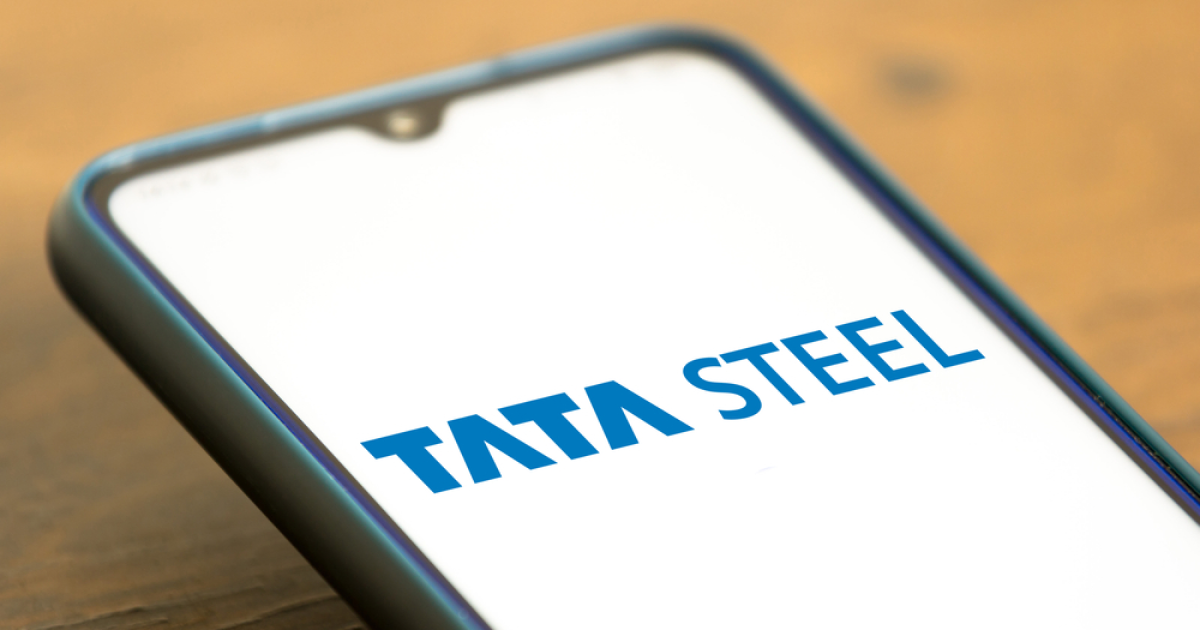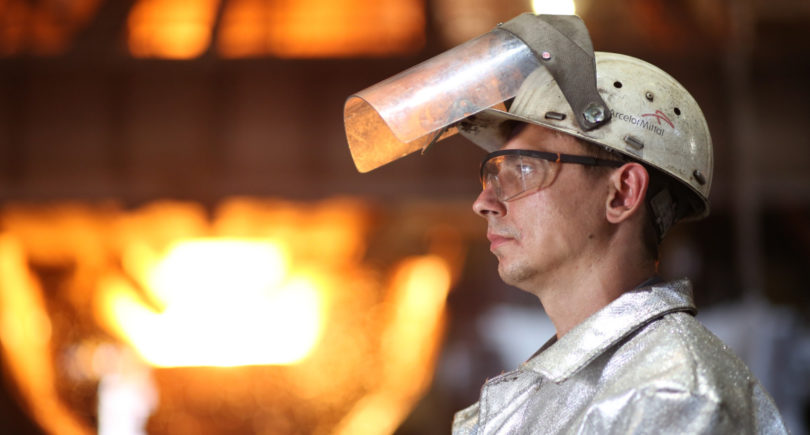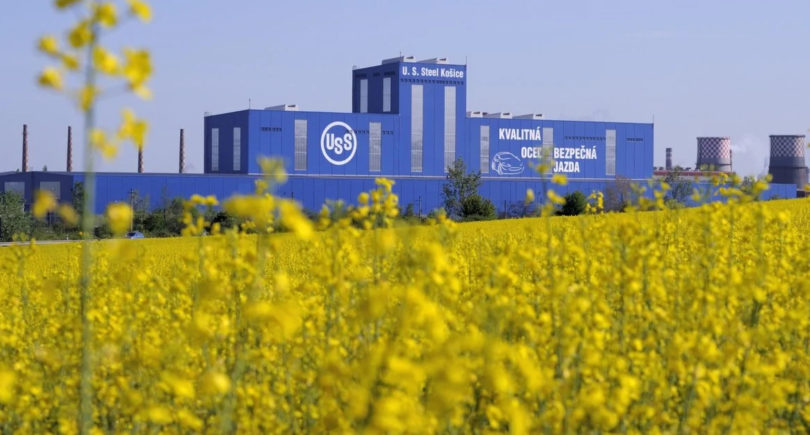
News Companies Tata Steel 1168 05 May 2023
The company notes that costs will decrease due to the drop in energy prices
Tata Steel expects its European operations to improve in July-September 2023 due to falling energy costs. T. V. Narendran, CEO and executive director of an Indian steel company, Reuters informs about it.
“So costs are coming down, not yet realised in our bottomline because we have some hedges on gas prices, which will play out over the next quarter or two,” he noted.
Falling demand in Europe and lower steel prices negatively affected the company’s revenues in the fourth quarter of the 2022/2023 financial year (January-March 2023). European operations, which account for about 35% of Tata Steel’s total revenue during the period, fell about 17% – to 220.36 billion rupees ($2.70 billion).
The company predicts that the first quarter of the 2023/2024 financial year (April-June) will be difficult for the European division. At the same time, the Indian market is forecast to be stable thanks to infrastructure spending.
T. V. Narendran expects steel prices to remain volatile, in the range of $500-700/t, and for coking coal – $250-350/t.
“Fundamentals in India are strong, but we are waiting to see what happens in China before the end of the year,” he noted.
According to the company’s CEO, there are incentives in Europe to produce green steel, or steel made without the use of fossil fuels. In India, similar efforts by the company were voluntary. In particular, at the end of April 2023, Tata Steel conducted a test of injecting hydrogen into a blast furnace at a plant in the city of Jamshedpur. The company is also studying the possibility of obtaining a green loan.
As GMK Center reported earlier, Tata Steel can consider the issue to close a large part of its UK operations if the company fails to secure adequate financial support from the UK government within the next 12-24 months. As the company notes, this part of the European business does not generate enough funds for new investments in capacity, the useful life of which is coming to an end, or for the ecological transition. It is about the company’s assets in Port Talbot.




